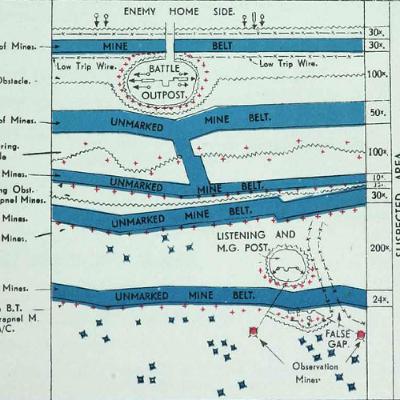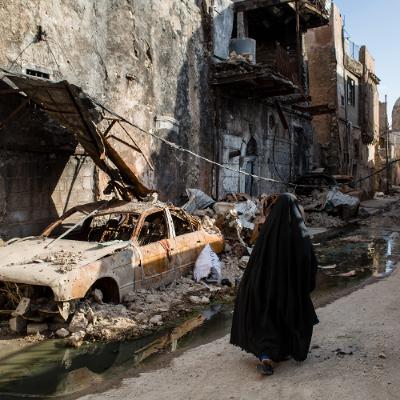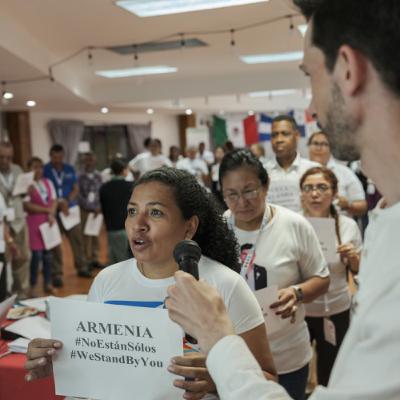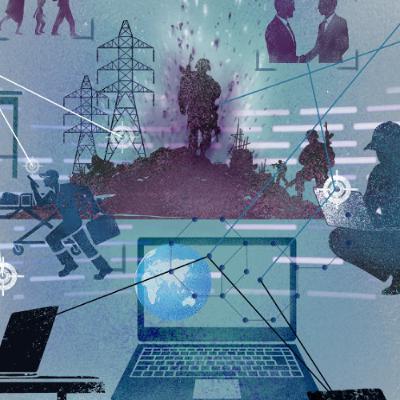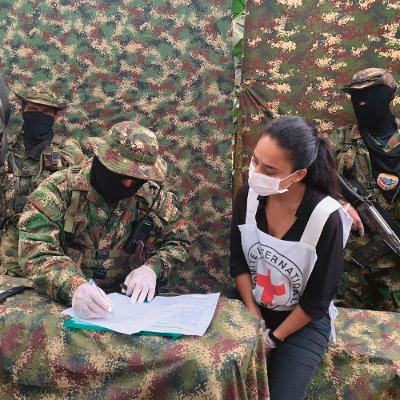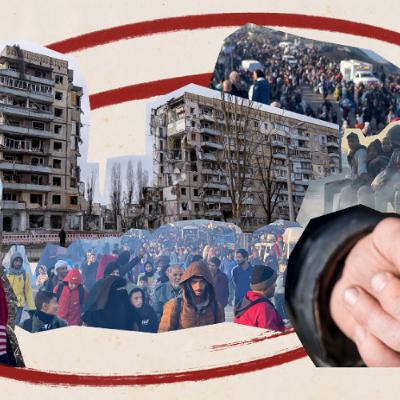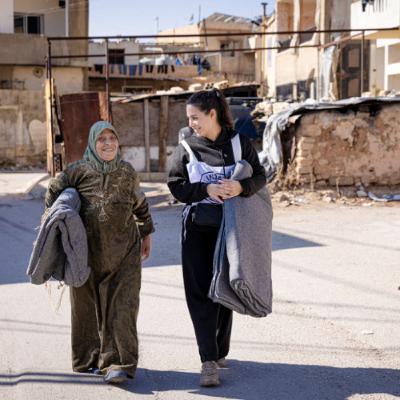Outsourcing humanity? International law, humane treatment, and artificial intelligence in detention operations
Update: 2025-11-13
Description
As artificial intelligence (AI) begins to shape decisions about who is detained in armed conflict and how detention facilities are managed, questions once reserved for science fiction are now urgent matters of law and ethics. The drive to harness data and optimize efficiency risks displacing human judgment from one of the most sensitive areas of warfare: deprivation of liberty. In doing so, AI could strip detainees of what remains of their humanity, reducing them to data points and undermining the core humanitarian guarantees that the Geneva Conventions were designed to protect.
In this post, Terry Hackett, ICRC’s Head of the Persons Deprived of Liberty Unit, and Alexis Comninos, ICRC’s Thematic Legal Adviser, explore how the use of AI in detention operations intersects with international humanitarian law (IHL), and why humane treatment must remain a human-centered endeavor. Drawing on the ICRC’s recent recommendations to the UN Secretary-General, they argue that while IHL does not oppose innovation, it sets the moral and legal boundaries that ensure technological progress does not come at the cost of human dignity.
In this post, Terry Hackett, ICRC’s Head of the Persons Deprived of Liberty Unit, and Alexis Comninos, ICRC’s Thematic Legal Adviser, explore how the use of AI in detention operations intersects with international humanitarian law (IHL), and why humane treatment must remain a human-centered endeavor. Drawing on the ICRC’s recent recommendations to the UN Secretary-General, they argue that while IHL does not oppose innovation, it sets the moral and legal boundaries that ensure technological progress does not come at the cost of human dignity.
Comments
In Channel




